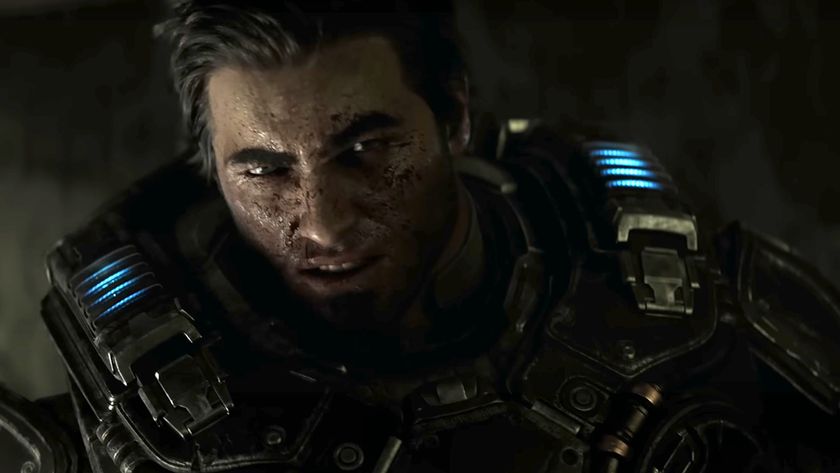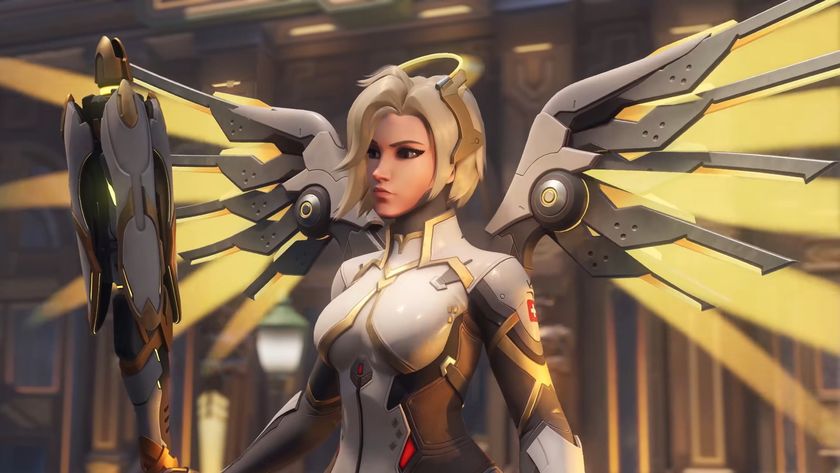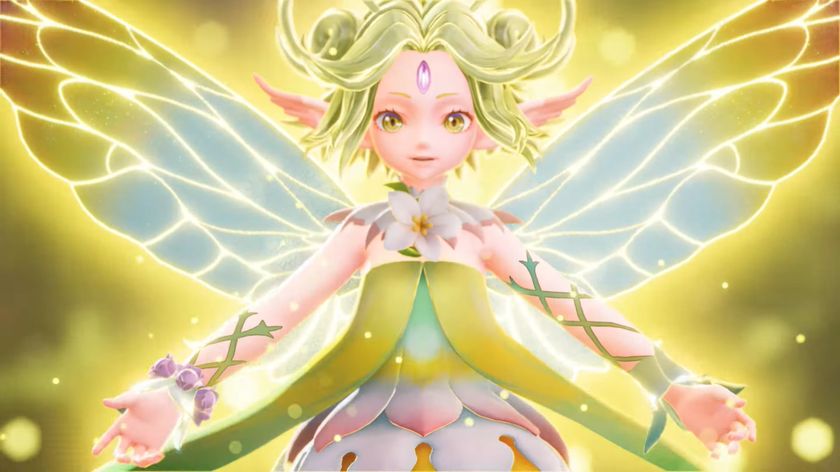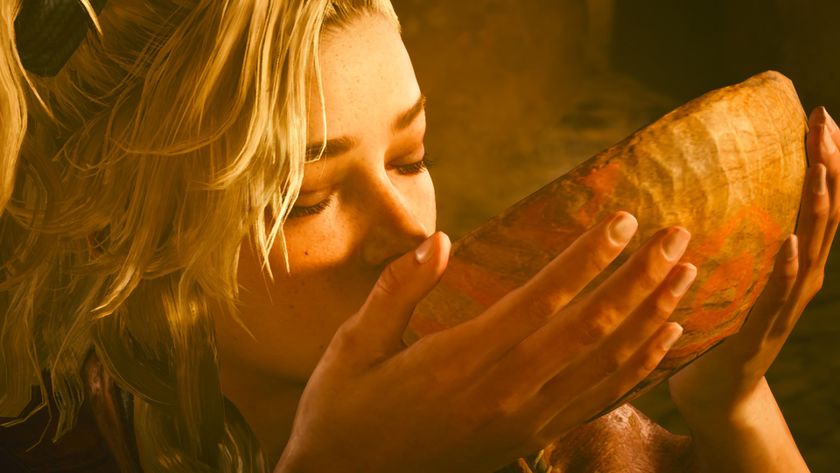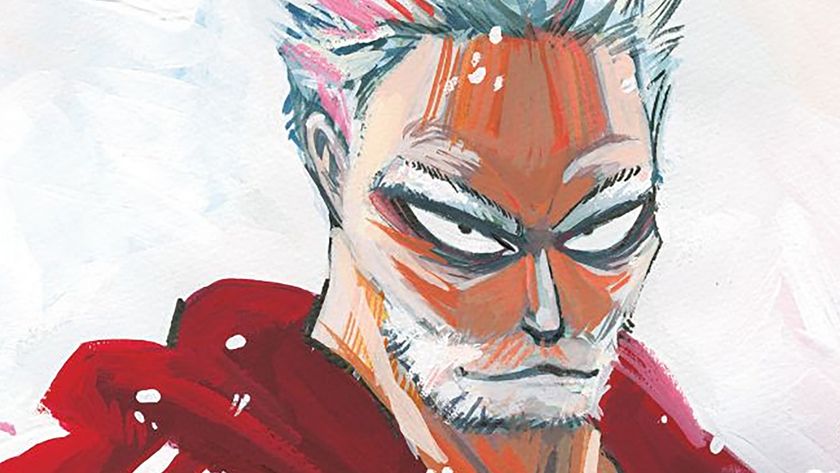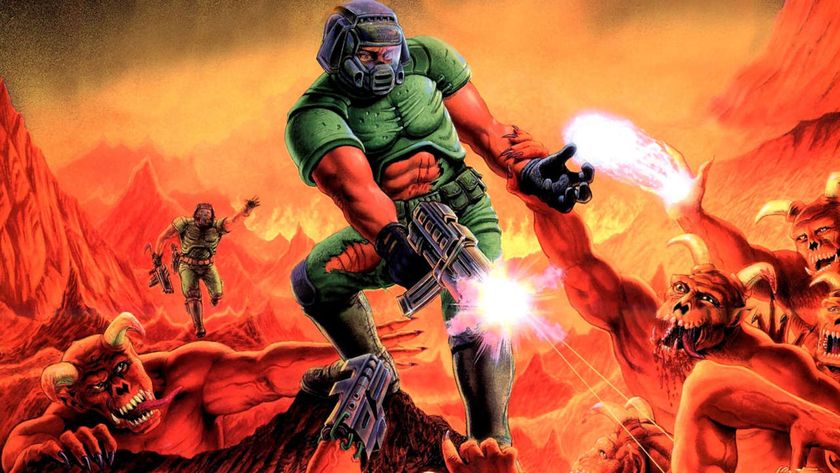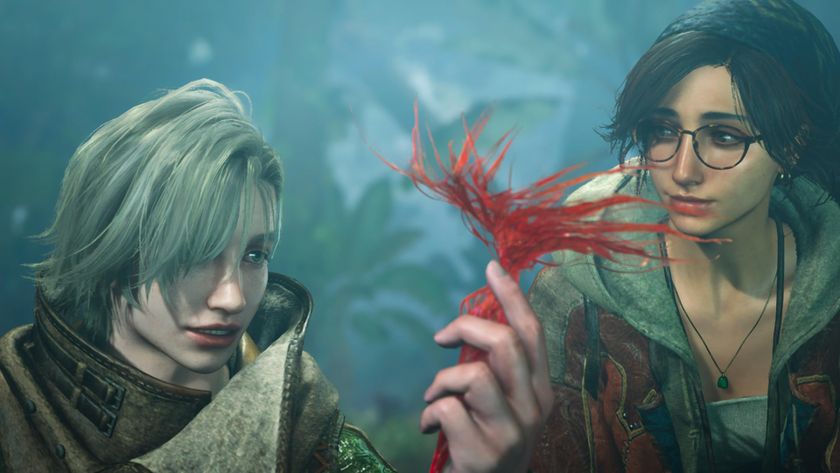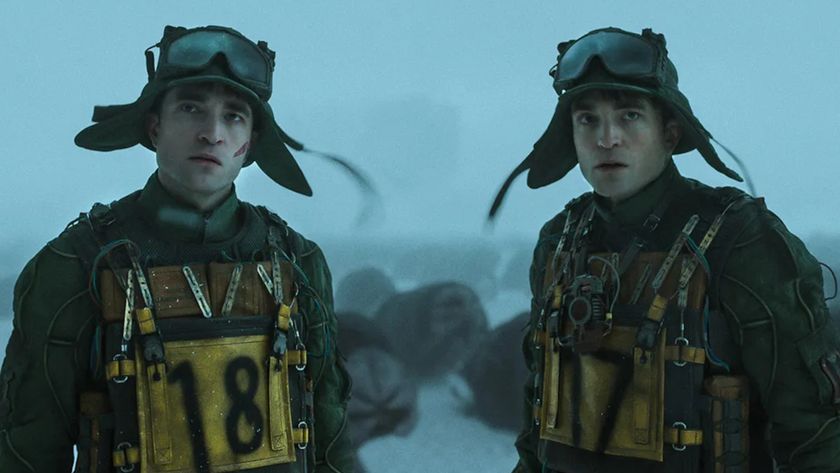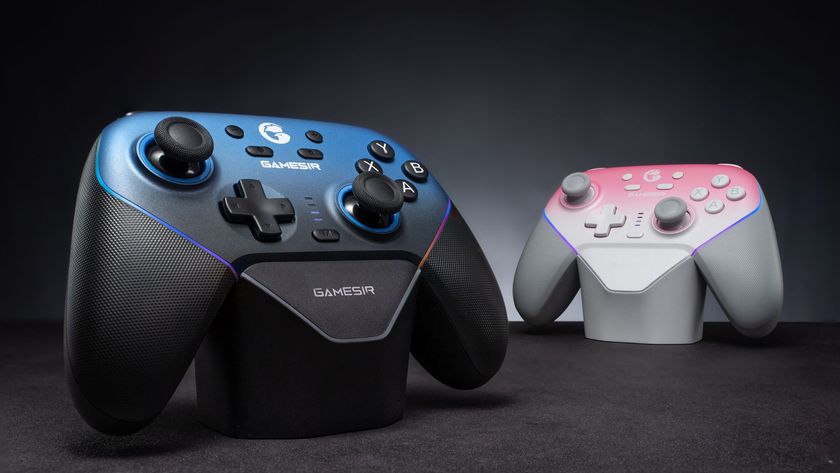What will become of Epic Games without Gears?

Breakups are hard. Today's headlines depict quite the love triangle: Marcus, Baird, and the rest of the Gears are no longer with Epic Games, now that Microsoft has acquired the rights to the Gears of War franchise. And, like the rebound relationship that makes you wonder if you ever had something special, Microsoft already has its own Black Tusk Studios working on the next GoW project. Gears of War had been the light of Epic Games' life in recent years, after arena shooters like Unreal Tournament fell out of fashion and the passionate, mobile-app fling with the Infinity Blade trilogy came to a close. Without its most beloved franchise, what's to become of Epic Games?
Even before the recent split, Epic seemed a little shaky, particularly after 2012's exodus of top talent. First was Rod Fergusson, a Gears series veteran who played a huge part in the production of every GoW game to date. Fergusson left Epic in August of 2012 to work on BioShock Infinite at Irrational Games. Later that year, 20-year veteran Cliff Bleszinski departed, with then-president Mike Capps resigning shortly after. Even when Epic Games had the Gears franchise, it was woefully unclear what it would do with it on Xbox One.

But with Black Tusk Studios in charge of GoW's future, that gloomy overcast of uncertainty could clear up very soon. Microsoft has even brought in an expert, hiring none other than Rod Fergusson himself. He'll reportedly "play a key studio leadership role at Black Tusk on the development of the Gears franchise going forward," as Microsoft's official announcement long-windedly puts it. Getting Fergusson on board is an ingenious move by Microsoft; Fergusson's intimate familiarity with the franchise should instill hope in diehard Gears fans, despite the franchise changing hands.
So where does that leave Epic Games? Sure, there are plenty of other game franchise fish in the sea--but right now, things don't look too hot. Epic's most recently announced project is Fortnite, a zombie game that revolves around daytime scavenging and nighttime defense at the undead-laden ramparts. But ever since the reveal trailer way back in 2011, all Epic has to show for Fortnite's existence are some screenshots that date back to 2012. One has to wonder if the game is as dead as its antagonists.

Epic Games' PR manager Wes Phillips must've foreseen this worry, because he was quick to reassure fans on Twitter that "we currently have multiple games in development." But the proof is in the visible, Unreal 4-rendered pudding--and without much to show for these projects, Epic Games' path ahead seems hazy. Currently, it looks like the studio's biggest asset is its robust Unreal engine, which powered a multitude of last-gen games, triple-A and otherwise. This generation, Epic's Unreal 4 engine is certain to dazzle your optic nerves with countless particle effects in a host of promising games. Only time will tell if the engine's fourth iteration will be as prolific as the third.
Will Epic drop the Games from its moniker and become a studio focused solely on engine development? PR says no, but a complete lack of game reveals since 2012 suggests maybe. And when you factor in Chinese investor Tencent's massive stake in Epic, a company-wide shift in values seems plausible. If you're a hardcore Gears of War fan, Microsoft has made Rod Fergusson-shaped provisions to put your mind at ease. But for gamers who've been enjoying Epic Games titles since the '90s, the future of the storied studio is a lot less clear. All it would take is a new game announcement, or a swath of fresh Fortnite screens--anything to make me believe that Epic can bounce back from this breakup.
Sign up to the 12DOVE Newsletter
Weekly digests, tales from the communities you love, and more
Lucas Sullivan is the former US Managing Editor of 12DOVE. Lucas spent seven years working for GR, starting as an Associate Editor in 2012 before climbing the ranks. He left us in 2019 to pursue a career path on the other side of the fence, joining 2K Games as a Global Content Manager. Lucas doesn't get to write about games like Borderlands and Mafia anymore, but he does get to help make and market them.

